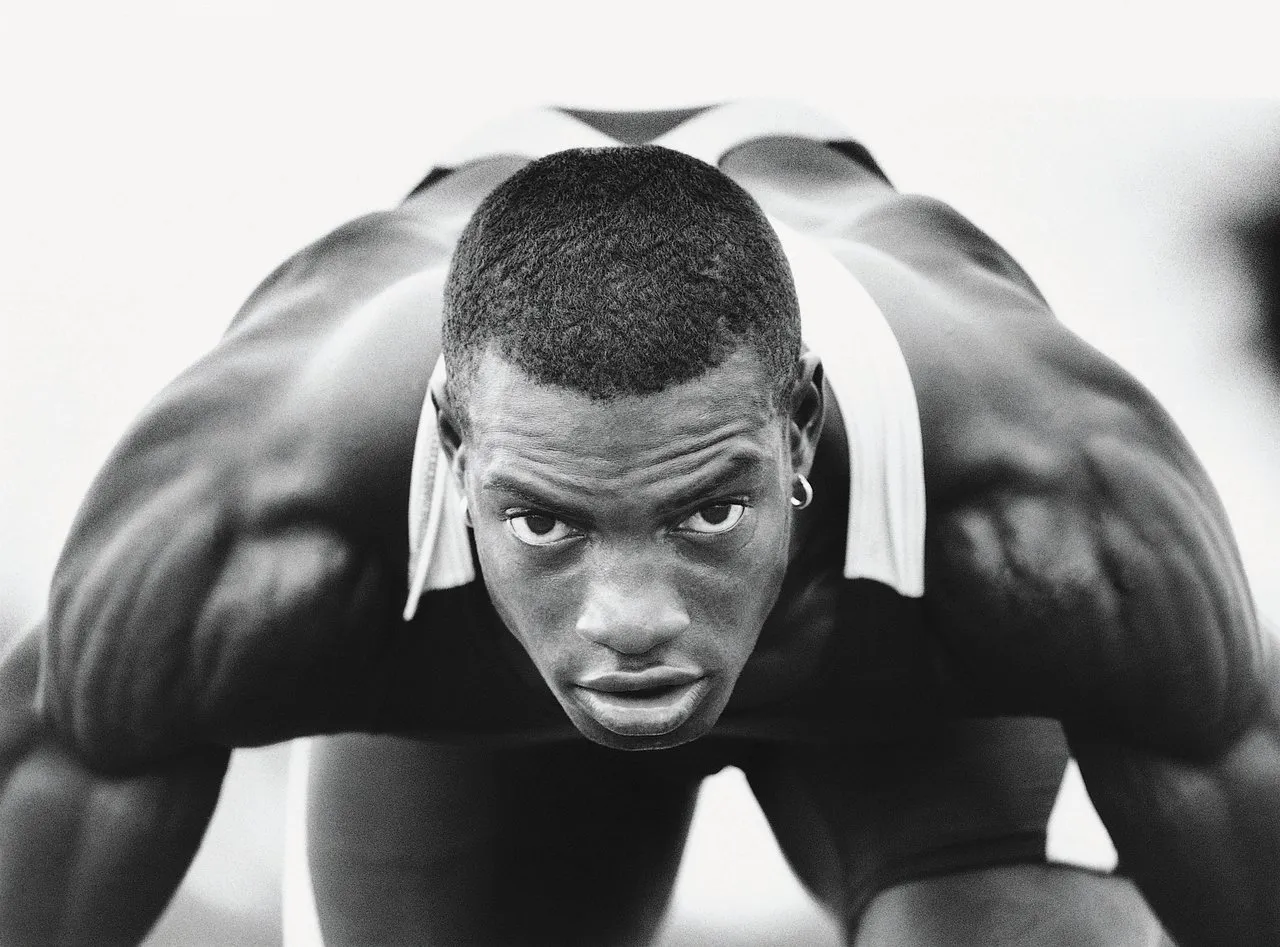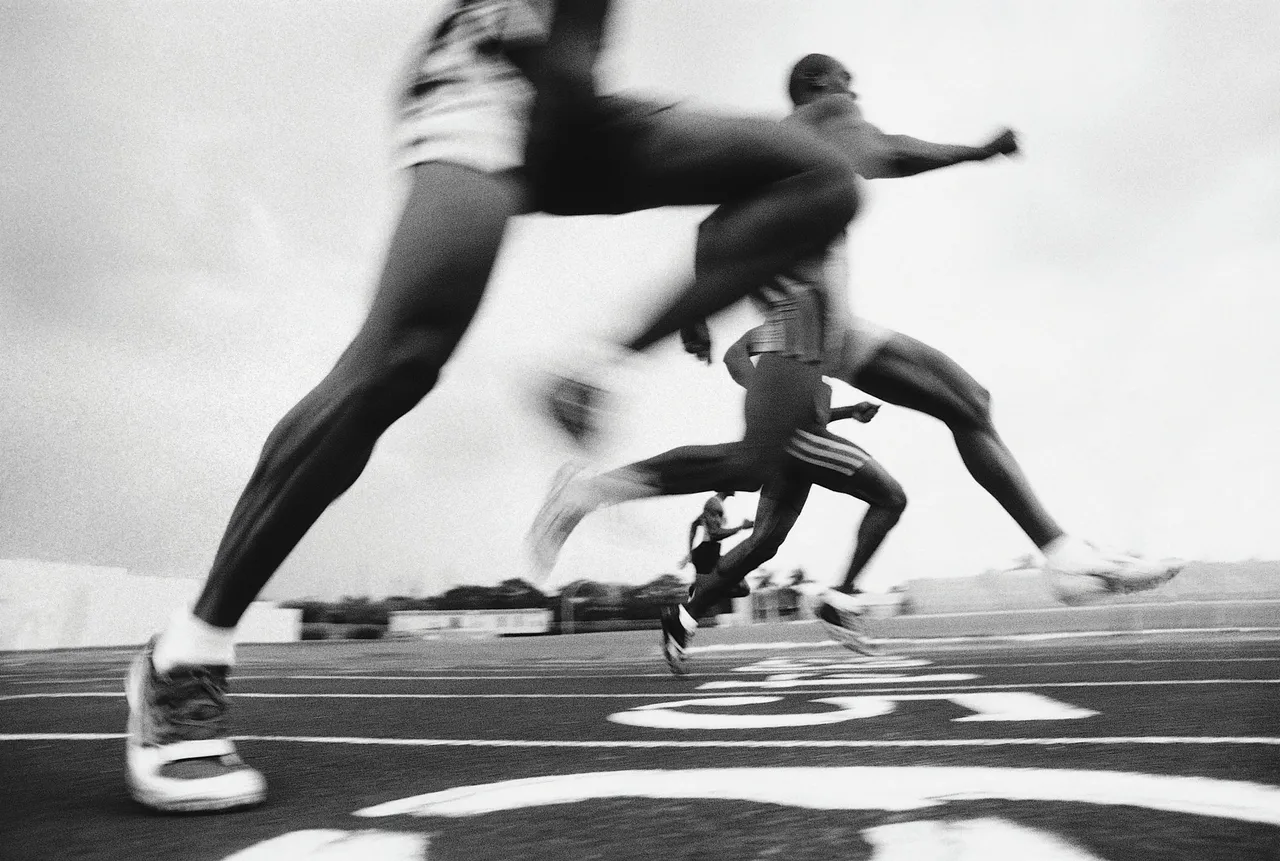
Introduction
This is going to be a controversial post but I think it is nice to sometimes turn things around and consider more unconventional points of view.
The issue I would like to consider is:
Do performance enhancing drugs (or other assistive technologies) really constitute cheating?

The conventional narrative would certainly suggest that. Indeed to even suggest otherwise would lead to extreme anger from most of those involved in sporting endeavours.
It is a sporting taboo but I think in a rational, free society we should be able to discuss any subject in a reasonable, adult and non-hysterical manner.
Just before we go on I want to make it clear that I am not endorsing taking performance enhancing drugs (PEDs) - they are in many cases illegal and have serious health risks.
My aim is more to have an interesting philosophical and moral discussion.
The Conventional Sporting View
Most athletic and sporting organisations put forth the view that keeping PED out of sports helps to maintain a level playing field.
"It makes things fair because nobody has an unfair advantage."

I would like to assert that this is complete nonsense.
There is no level playing field, because a level playing field assumes that everyone starts off at the same baseline level of ability and chances.
There are multiple factors that create differences between people but we can divide them into two main categories :
Genetics.
Environment (including economic advantages, phenotype etc).
Genetics
Genetics are a fairly obvious point. It doesn't matter how much training the average person has, they are unlikely to be able run the 100m as fast Usain Bolt.
They just don't have the physical makeup to make it possible and nothing (not even drugs) will change that. Not all cases are so extreme though.
Sometimes you may have two or more people who are roughly physically equivalent, in terms of height, weight etc but they have differing levels of certain hormones that have a direct bearing on their area of competition.

They may look very similar but this small difference may mean that one person has a shot at being a champion and the other will never make it.
For example some endurance athletes naturally produce higher levels of Erythropoietin (the hormone that stimulates red blood cell production).
This small difference can give them a huge boost and thus advantage when it comes to competing.
Many athletes already simulate this condition by training at high altitudes before an event (this boosts EPO levels) but someone who already has high levels can capitalise on this even more.
Strangely this is considered acceptable yet taking EPO is not - even though taking EPO artificially might actually make these hypothetical competitors level (physiologically speaking) - hence making it more fair.
In a similar vein, some champion bodybuilders have abnormally high "natural" levels of testosterone which enable them to build more muscle than the average person and to maintain it.
Yet if someone artificially boosted their testosterone to the same levels it would be considered cheating.
Testosterone related inequalities are even greater in female sports where some athletes have near male levels of testosterone giving them a massive physiological advantage.

If we segregate male and female athletes on the basis of fairness due to the natural physiological differences, how is it fair to let women who have freakishly high testosterone levels (akin to men) compete with other women?
It makes no sense.
Further there is the ethical issue that such women may be considered to be suffering from a medical disorder and celebrating them as athletes may create a disincentive to receiving treatment which may actually be beneficial to their long term health (e.g. cardiovascular risks, fertility etc).
I find the hypocrisies and inconsistencies in these issues quite striking.
There are many such cases which could be cited. The point is that genetics mean that there is no equality in sport and there never was.
Professional sport perpetuates the idea that it is all about effort and hard work. That anyone can make great achievements if they try hard enough.
Genetics alone makes a nonsense of that assertion.
Environment
Environment plays a huge part in what you can actually do with your genetic potential.
For example let's say you have the genetic potential to be a great basketball player. Well if you grow up in the wrong place - say a developing country where there are a lot of childhood diseases you may end up never achieving your full potential height.

Further there may not be the training facilities for you to practice early on in life to set you on the right path. You may not be able to afford the right kind of food, or enough food at all.
You may never even have the option to learn about a particular sport. You may not even live long enough to have the option.
Honestly there are so many ways in which your environment can hold you back, whether in terms of health, economic opportunities or otherwise that I can't list them here.
My point is that this is another source of inequality which squashes the myth of a "level playing field" in sport.
But Drugs Are Risky.
Yes they are - at least right now.
The technological potential exists for developing safer drugs that can enhance performance and drugs are not the only solution.

There could also be other alternatives to enhance performance that might use other forms of technology - e.g. exoskeleton type suits, special shoes and training equipment.
If some narratives are to be believed then sport is about testing mental resolve and the human spirit. If that is truly the case then what would be wrong in using a safe alternative to boost performance?
Of course I doubt most mainstream athletes and commentators would agree with that view but I doubt they could give a logical or coherent reason for their dissent.
Human nature is filled with hypocrisies and contradictions and they often favour the status quo.
Conclusion
I'm not suggesting that it is OK to take performance enhancing drugs.
They are dangerous and have real risks to physical and mental health. What I am suggesting is that this is not a simple black or white issue.
The "cheating" narrative is based on the false assumption that life is fair and that everyone has an equal chance.

This is complete nonsense and perpetuating it may actually make some people more likely to use performance enhancing drugs to try to give themselves a chance of being able to compete.
They may see drugs or other methods as the only option they have.
It is also ironic that certain training methods (e.g. altitude training) which replicate the effects of taking drugs are considered normal and acceptable.
In summary, whilst most people consider drugs to enhance performance to be cheating, an alternative perspective might suggest that they are actually a way of making things fairer.
Right now the health risks may mean that their use should be strongly discouraged, but what about the future? What if safer alternatives were found? What would be "wrong" with using them?
What do you think?
Thank you for reading

